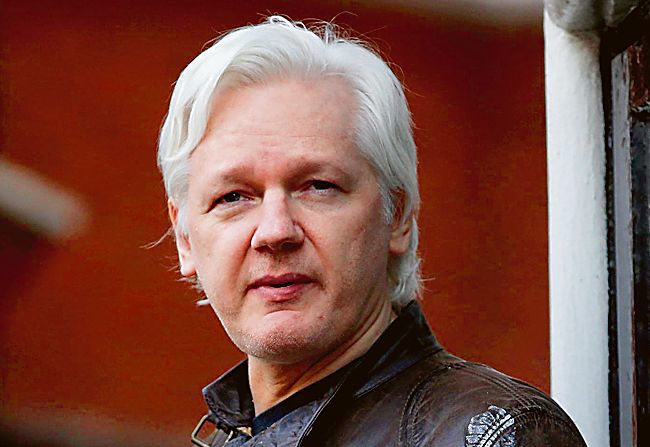WIKILEAKS founder Julian Assange’s release from prison marks the culmination of a long-running saga of international intrigue. An Internet publisher with disdain for government secrets, he gained massive attention for the 2010 release of classified documents relating to the US wars in Iraq and Afghanistan. The material, published on his website, included a video showing civilians being killed by fire from a helicopter in Iraq. One of his collaborators, US Army intelligence analyst Chelsea Manning, was sentenced to 35 years in prison before then President Obama commuted the sentence. His plea deal with the US comes as a relief for 52-year-old Assange, who has spent the last five years in a British jail, fighting extradition. Earlier, facing charges of rape in Sweden, which he denied, he spent seven years in refuge in Ecuador’s London embassy.
Assange’s activism made his case a cause célèbre among press freedom advocates, who insisted his work in exposing US military misconduct is exactly what journalists are expected to do. His supporters see him as a champion of free speech, exposing abuses of power and hypocrisy. In the US, he’s projected as a villain for recklessly endangering national security. The British government signed an extradition order in 2022. Last month, two judges said Assange could appeal to address the question of whether, as a foreigner on trial in the US, he would enjoy the protections of freedom of speech under the First Amendment.
Under the plea deal, Assange will plead guilty to a single charge of breaching the espionage law and travel home to Australia, which Canberra has been pushing for. It’s difficult to predict how the saga would play out in the coming US presidential elections. In 2016, a Russian hand was suspected when Wikileaks released emails that potentially harmed the electoral prospects of Hillary Clinton and boosted Donald Trump. Ironically, Trump went after Assange.









